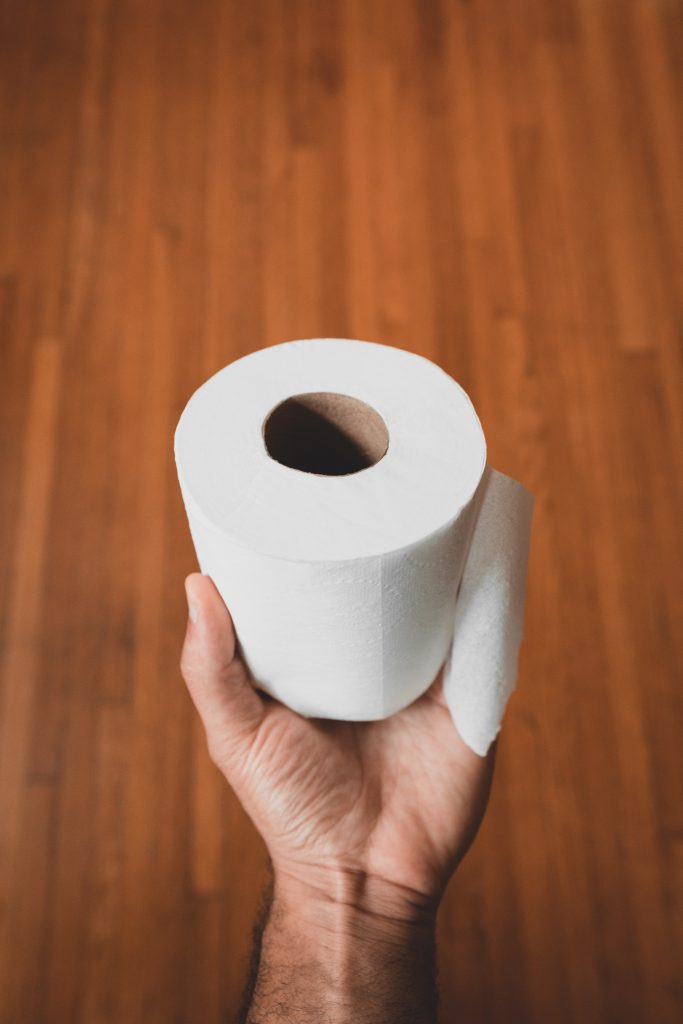According to a 2018 report by the Nature Climate Change, tourism is one of the biggest contributors of greenhouse gases, contributing eight percent to global emissions. This is specially true at a time when leisure travel is made easier and more affordable, thanks to airline seat sales and greater transportation accessibility.
But we can do our part in reducing the impact that travel has on Mama Earth.
Traveling responsibly and eco-consciously can have a positive impact on the world without needing to restrict our movements as much.
Here are some easy tips to minimize environmental impact while still having fun on the road.
Pack only the essentials.

Before you go, make a list of essentials and nice-to-haves. Packing light doesn’t just help reduce baggage fees, but it also reduces the amount of fuel that public vehicles and air transport use. Less fuel means less greenhouse emissions.
Choose off-the-beaten path destinations.

Heavily populated attractions often carry the brunt of overtourism: more trash and greater carbon footprint. To help spread the impact of tourism, opt for hidden gems. This also ensures that locals in those destinations get a slice of the pie and lesser-known communities continue to thrive.
Bring a reusable water bottle wherever you go.

A Statista report on PET bottle production reveals that by 2021, some 583 billion plastic bottles will be produced. Only about 9% of these are actually recycled each year. Majority of our plastics end up in landfills and oceans, which is catastrophic for marine life. When exposed to sunlight, plastics leach harmful chemicals that cause coral bleaching and death of marine mammals. Some are also accidentally ingested by sea creatures, often causing death.
One good solution is to always pack a reusable bottle wherever you go. Fill it up before leaving your hotel, or refill in restaurants and other stops.
Use toilet paper only.

Wet wipes may be convenient, but they are non-biodegradable and tend to block seas and waterways. Opt for tissue paper. These break down well over time.
Avoid having your sheets and towels changed frequently.

Energy consumption takes up a whopping 60% of the hotel industry’s carbon footprint. Of that, laundry ranks second in energy consumption. Help reduce energy consumption by requesting your hotel not to change sheets or towels daily.
Opt for reef-friendly sunscreen.

Most sunscreen found on the market today contains oxybenzone, a chemical that causes coral bleaching. If you are going to the beach, pack an eco-friendly sunscreen like Human Nature or Magwai.
Turn off air conditioning and lights.

Turn off all electronics, lights, and air conditioning in your hotel before leaving for a tour or a swim. Make sure to also unplug all gadgets and chargers from sockets, as they can still use up electricity even when your gadget isn’t turned on.




